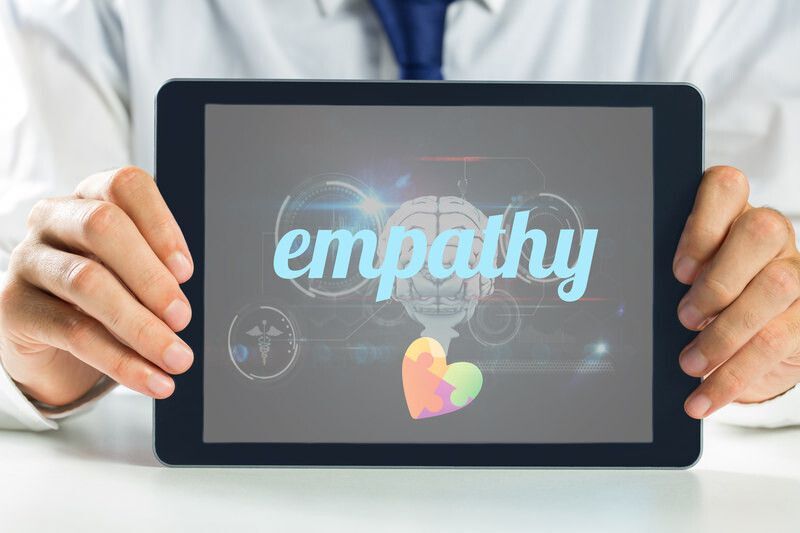© Wavebreakmedia Ltd | Dreamstime.com - Empathy against medical biology interface in black
by Amabelle Ocampo
In the October issue of World Psychiatry, neuroscientists and UC Berkeley psychiatrist Jodi Halpern contribute a perspective on the need for increased research on the components of empathy, in order to develop interventions and programs designed to increase the levels of empathy in clinical practice.
According to the article, clinical empathy is increasingly being seen as an important element of quality health care, and has been associated with improved patient satisfaction, increased adherence to treatment, and fewer malpractice complaints. As well, for doctors, higher levels of empathy have led to decreased burnout, personal distress, depression, and anxiety, along with increased life satisfaction and psychological well-being.
Despite empathy’s importance in clinical practice, the analysis finds that many physicians have difficulty empathizing with patients and that empathy declines in medical school. In the field of medicine, physicians have traditionally been taught to practice “detached concern,” a process of establishing an emotional distance from patients in order to maintain objectivity and limit negative emotions. But recent research has shown that an emotional connection does not necessarily lead individuals into emotional turmoil, and that the cognitive and emotional aspects of empathy may not be easily separated.
“The scientific understanding of the connections between interpersonal sensitivity, empathy, and caregiving could help physicians to maintain high levels of empathy in clinical practice,” says Halpern, associate professor of bioethics with the UC Berkeley-UCSF Joint Medical Program and the School of Public Health.
Some interventions have improved conditions of clinical empathy. However, the current view of empathy in clinical practice is limited, with little understanding of the mechanisms and connections involved. Medical educators still struggle to educate students and residents about how to maintain empathy throughout their career. “There is a need…for dedicated research to respond to the vital call for empathy enhancement in medicine with programs using social neuroscience-based knowledge,” the perspective concludes.
Jean Decety, Karen E. Smith, and Greg G. Norman, from the University of Chicago coauthored the perspective. The writing of the paper was supported by grants from the John Templeton Foundation and the NIH.

